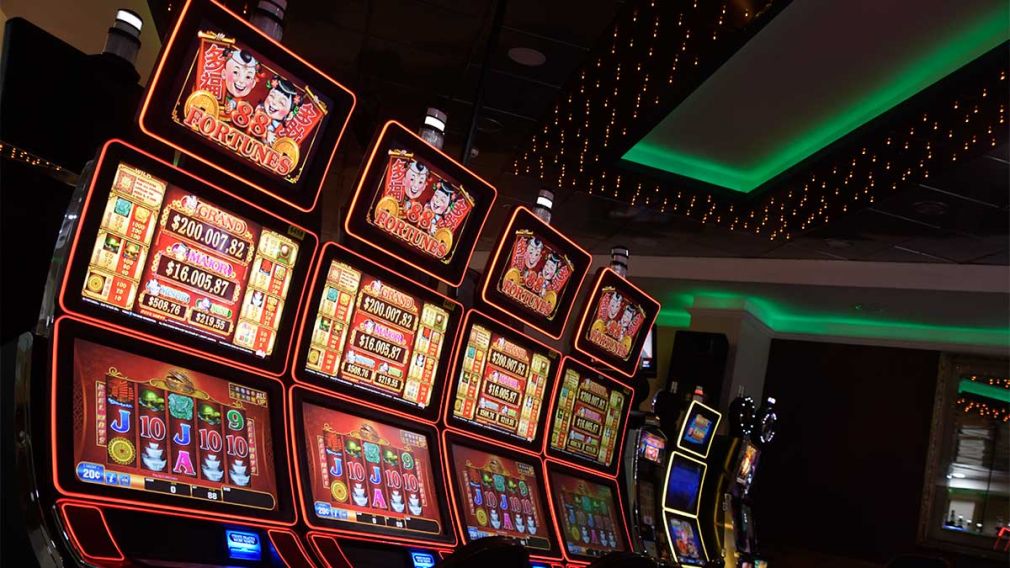Grasping the Different Categories of Playing Cards in Casino Games

Casino games have been a source entertainment and excitement for countless players around the globe. One of the main factors that renders these games captivating is the variety of playing cards employed in various types of games. Grasping the various kinds of cards can improve your experience and improve your gameplay approaches. Whether you are attracted to classic card games like Texas Hold’em and 21 or newer casino offerings, each game depends on a unique set of cards that affects the rules and the flow of play.
In casino environments, cards appear in several styles, each designed to meet the needs of particular games. From standard decks to specialized card variations, the diversity plays a key role in molding the dynamics of each game. By acquainting yourself with these cards and their uses, you can achieve deeper insights into the games and make better decisions at the table. This knowledge not only enhances your gaming experience but also contributes to a more sophisticated approach to your odds of winning.
Types of Playing Cards
When discussing casino games, the type of playing cards used can significantly impact the flow of the game and strategy. The most frequent deck is the traditional 52-card deck, which consists of four suits: clubs, and spades. Each suit contains 13 ranks, from ace to King. This standard deck is essential in numerous games, such as poker, where gamblers aim to create the best hand possible or approach 21 as they can.
Some casino games utilize unique decks specifically designed for the game itself. For example, the popular game of baccarat often uses multiple decks combined, typically 6 or 8. This not only increases the complexity of the game but also impacts wagering strategies, as players must account for the higher number of cards in play. Additionally, certain games may introduce joker cards or wildcards, providing further variety and thrill to the gambling experience.
In niche games, custom decks may come into play. non GamStop casinos UK For instance, in games like bridge or pinochle, participants might use unique rules with varied card values or roles. These variations keep the gameplay fresh and allow for varied strategies to emerge. Understanding the various types of playing cards and their particular uses in various casino games is key to enhancing one’s gambling experience and improving overall performance at the tables.
Deck Modifications in Gambling Activities
In casino activities, the type of deck used can significantly affect both the play and the tactics employed by players. Most traditional card games, such as 21 and five-card draw, typically use a standard 52-card deck. However, modifications do exist where extra wild cards or even multiple decks are utilized. For instance, in 21, some casinos may employ one to eight packs, which can change the odds and the fundamental tactics required to play effectively. Players must be cognizant of the set of cards makeup, as it influences the casino advantage.
Another common variation in casino card games is the utilization of themed or custom packs. For instance, some poker activities might use a set of cards that includes unique graphics or patterns, which can enhance the environment at the table. These custom decks often function to differentiate between different play types or loyalty initiatives within the gaming establishment. While the standard rules of the activity remain the same, the visual appeal can influence participant involvement and satisfaction.
Finally, the mixing techniques employed with different types of packs can also impact gameplay. Gaming establishments often utilize automatic mixing machines that can effectively shuffle multiple decks effectively, making card counting more challenging. The frequency and method of mixing can differ widely based on the activity and the gaming establishment’s policies. Comprehending these deck variations is important for any participant looking to enhance their tactics and overall satisfaction in gaming activities.
Importance of Cards Values
In gambling games, the significance of individual playing card plays a key role in deciding the consequences of various activities. Different games assign distinct worths to cards, shaping tactics and gamer choices. For case, in 21, playing cards numbered 2 through ten are rated at their actual value, while court cards hold a worth of 10, and the Ace can be valued as 1 or eleven. Grasping these worths allows players to make informed decisions during play, enhancing their chances of success.
Similarly, in poker, the value of card worths extends to hand and combination hierarchies. Strong playing cards can form more powerful combinations, such as two of a kind, straight hands, or flush hands, which are important for winning in the game. Players must consider not only their personal hand but also likely hands their rivals might hold. This tactical complexity adds excitement and challenge, making card values a key factor in poker’s attraction.
Additionally, the psychological element of card values cannot be dismissed. Players may use the awareness of card values to deceive or confuse their opponents. By understanding how a card’s value can change the game’s dynamics, gamers can better handle hazards and gains, creating a stimulating environment in gambling activities. Whether playing for fun or for real money, knowledge of card values significantly shapes the overall playing encounter.
